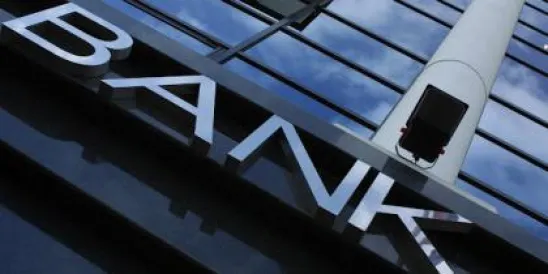In what is being reported as the largest settlement ever between the U.S. and a single business entity, Attorney General Eric Holder and Associate Attorney General Tony West announced Thursday that Bank of America Corp. (“BofA”) has agreed to pay $16.65 billion to settle accusations by the Department of Justice that it, as well as Countrywide Financial Corp. (“Countrywide”) and Merrill Lynch & Co. (“Merrill”), sold residential mortgage securities backed by “toxic” loans in the run up to the financial crisis in 2008. The payment includes almost $10 billion to be paid to settle federal and state civil claims and penalties, and $7 billion to be paid in the form of relief to aid hundreds of thousands of consumers harmed by the financial crisis precipitated by the unlawful conduct of lenders like BofA, Merrill Lynch and Countrywide. This settlement comes on the heels of deals reached by the government with JPMorgan Chase in the sum of $13 billion and Citigroup in the sum of $7 billion.
At a news conference, Attorney General Eric Holder said BofA, Countrywide, and Merrill Lynch had “engaged in pervasive schemes to defraud financial institutions and other investors” by misrepresenting the soundness of residential mortgage-backed securities (“RMBS”). He stated that “[t]hese [RMBS] loans contained material underwriting defects; they were secured by properties with inflated appraisals; they failed to comply with federal, state, and local laws; and they were insufficiently collateralized. Yet these financial institutions knowingly, routinely, falsely and fraudulently marked and sold these loans as sound and reliable investments.”

In a statement of facts included in the settlement, BofA has acknowledged that it sold billions of dollars of RMBS without disclosing to investors key facts about the quality of the RMBS loans. It has also acknowleged that it originated risky mortgage loans and made certain misrepresentations about the quality of those loans to Fannie Mae, Freddie Mac and the Federal Housing Administration.
The settlement doesn’t release the bank from criminal charges and the Department of Justice has reserved the right to file both criminal and civil charges against individuals. However, the settlement fails to identify a single executive responsible for the fraud. This has ignited a call for more transparency in these deals:
“This settlement thickens the list of private deals between government litigators and the largest financial institutions. As Public Citizen’s recent report demonstrates, the Department of Justice has largely shied away from aggressively prosecuting Wall Street banks and opted instead for fines and settlements. Fair justice calls for transparent use of the courts where the public can understand the evidence and the adequacy of remedies. Bank of America managers are at the center of the mortgage fraud, but the Justice Department penalty will essentially fall on shareholders who certainly were not conspirators. The corrupt culture of Wall Street won’t be reformed until perpetrators are held accountable,” said Bartlett Naylor, financial policy advocate, Public Citizen’s Congress Watch division.
So what does this settlement mean for former correspondent lenders faced with mortgage loan repurchase and/or indemnification demands from BofA? For one, it should be a further reason to give pause for those facing buyback claims from the bank and focus on the banks’ accountability for its share of the mistakes that contributed to the mortgage meltdown. We continue to wonder how BofA can claim with any credibility that it was duped by its correspondent lenders in purchasing “defective” loans. BofA’s acknowledgement in the settlement that it understood the risks inherent in the loans that it was purchasing and then securitizing, contradicts BofA’s claims asserted against its former correspondent lenders—that it would never have purchased a loan had it believed at the time that the loan was somehow defective.




 />i
/>i

